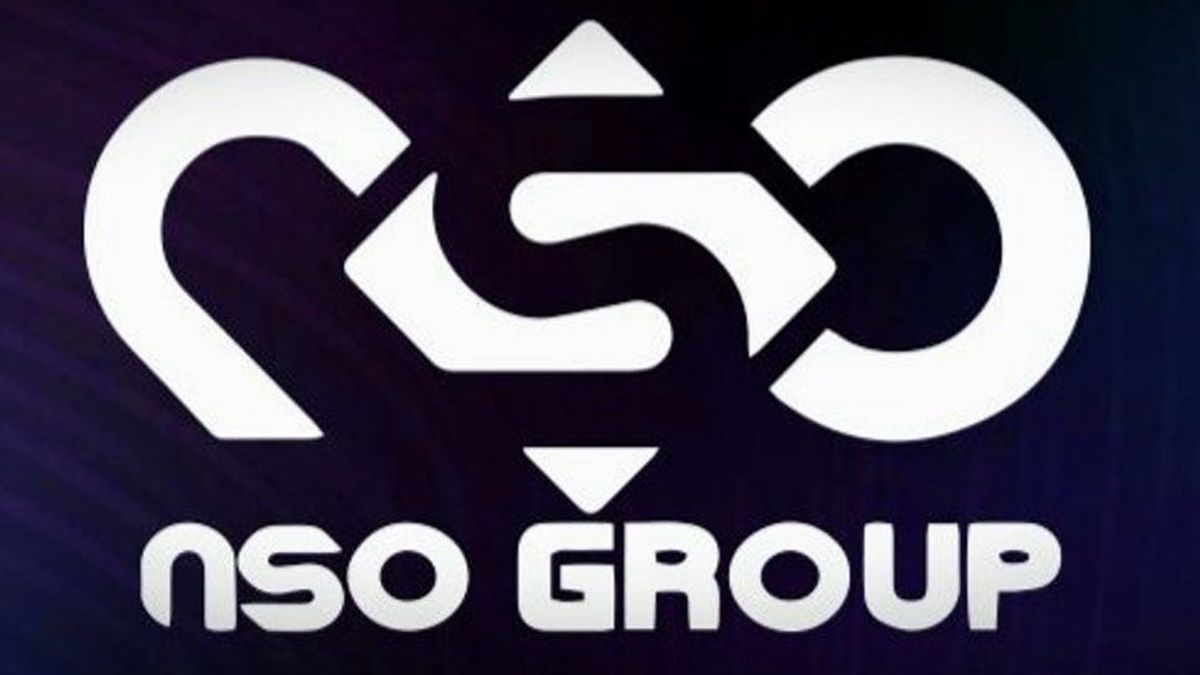JAKARTA - The executive who will take over as CEO of Israeli spyware company NSO Group has quit after the business was blacklisted by the US Department of Commerce, the company said on Thursday, November 11.
Isaac Benbenisti, who joined the company in August, was appointed on October 31 as future CEO Shalev Hulio's successor. He is a co-founder of NSO who will take on new roles as global vice chairman and president. Hulio will remain as CEO for now, and Benbenisti will leave the company.
In his resignation letter, quoting from a spokesman, Benbenisti wrote to NSO Chairman Asher Levy that "given the special circumstances that arose" following the US decision, and unable to carry out his vision for NSO, he "will not be able to assume the position of CEO at NSO. company".
Run by veterans of Israel's military intelligence unit, NSO has sought to maintain its reputation after an investigation by 17 media organizations published in July said its Pegasus software had targeted the phones of journalists, rights activists and government officials in several countries.
Last week, the US Department of Commerce added NSO to its trade blacklist, saying it sells spyware to foreign governments that use the equipment to target government officials, journalists and others.
Blacklisting by Washington means exports to NSO from US partners are restricted, making it harder for US security researchers to sell them information about computer vulnerabilities.
After he was appointed as future CEO, Benbenisti, who previously served 6 1/2 years as CEO of telecommunications group Partner Communications, was he "impressed by the high moral standards, ethical framework, and compliance policies that simplify everything the NSO Group does." . "
NSO, which said it was "disappointed" by the US blacklisting decision, reiterated that it had terminated contracts with government agencies abusing products it promoted as legitimate tools to help authorities fight crime-fighting terrorism.
The company ships its products overseas under license from the Israeli Ministry of Defense, which launched an investigation into the company's practices after allegations of software abuse emerged. No results announced.
NSO sources said the company opposed the US decision and had been in touch with clients in Europe. "We have their support. There are no changes to the company or cancellation of contracts at this time," the source said.
In 2020, NSO reported revenues of US$243 million (Rp3.4 trillion) and company sources confirmed Moody's report on adjusted EBITDA of US$113.5 million (Rp1.6 trillion).
Lev Topor, of the Center for Cyber Law and Policy at the University of Haifa in northern Israel, said NSO's future could depend on whether other countries followed the US lead.
"It's possible they are blocked in the US but not elsewhere, and the US can of course still lease their services through third parties via proxies," Topor said. "If governments around the world and particularly the Israeli government are going to make it difficult for them to do business, they will struggle."
The English, Chinese, Japanese, Arabic, and French versions are automatically generated by the AI. So there may still be inaccuracies in translating, please always see Indonesian as our main language. (system supported by DigitalSiber.id)












